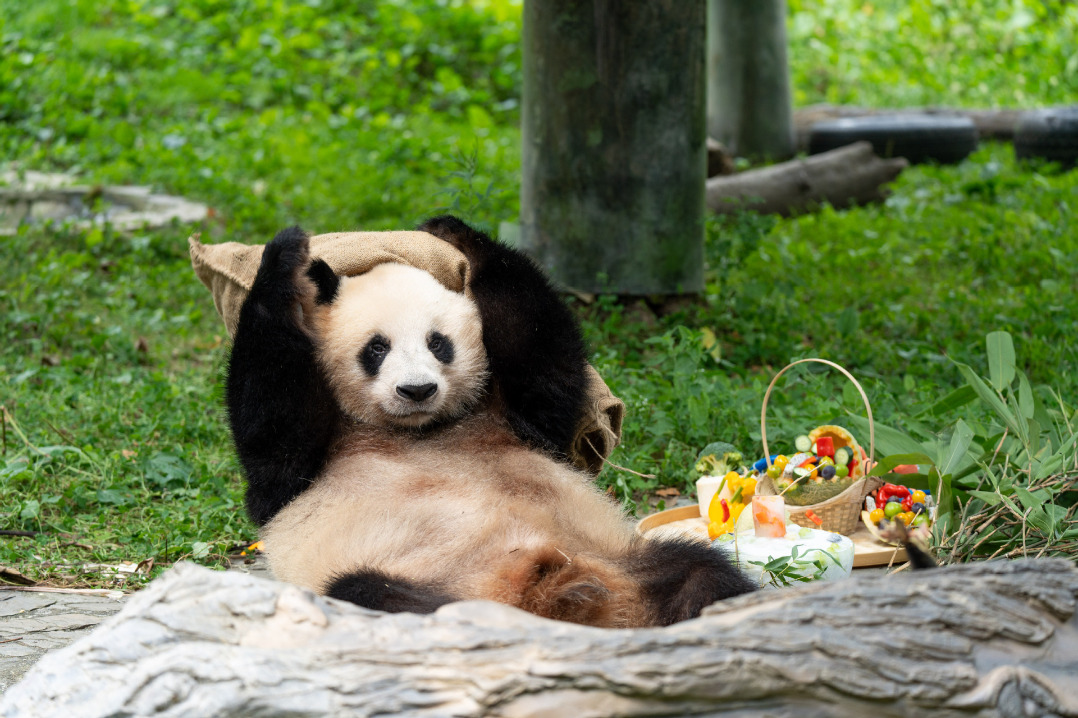China experiments human stem cells in cargo spacecraft

WENCHANG, Hainan - China is conducting stem cell experiments to investigate the possibility of human reproduction in space aboard cargo spacecraft Tianzhou 1, according to the Tianzhou's engineer.
The experiments include the studies of the proliferation and differentiation of stem cells, the differentiation of germ cells, and the impact on bone cells of a microgravity environment, said Li Xuzhi, deputy chief designer of the space application system of China's manned space program.
Scientists on the ground will remotely control the research equipment, and receive the images of the cells under the microscope.
Experiments in microgravity will provide theoretical ground and technical support for the study of the human reproduction in space, said Li.
Other experiments on Tianzhou 1 include the research on fluid evaporation and condensation in a microgravity environment, in-orbit tests of a high-precision electrostatic accelerometer and others, added Li.
Tianzhou 1 started its five-month journey in space Thursday evening.
The ship will dock with China's orbiting Tiangong II space lab, and provide fuel and other supplies before falling back to Earth.
- Third rare earth mineral found in Bayan Obo deposit
- Tracing Flying Tigers' historical sites in mountainous China
- Senior official urged public security system to contribute more in new development pattern
- Guangdong prepares as Typhoon Wipha approaches
- China-Laos Railway doubles daily cross-border passenger services
- China's top political advisors discuss macroeconomic performance in H1





































